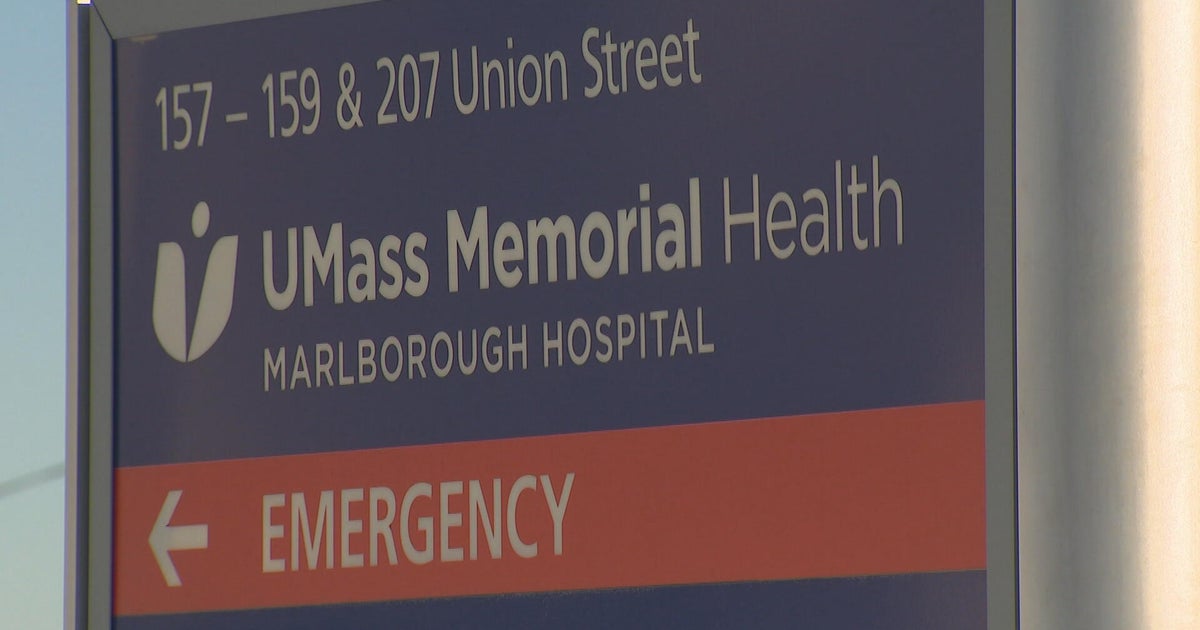ObamaCare 101: Separating Fact From Fiction
With 2013 upon us and the elections behind, Americans can start to settle down and focus on what is currently passing for real life in our country today. Anxieties about job availability, our financial future and unrest around the world are significant causes for concern, as is our health and ability to pay for services that keep our families safe, such as insurance. An additional concern is the myths continuing to swirl around the Patient Protection and Affordable Care Act, commonly known as ObamaCare.
What does ObamaCare mean for you and your family? How will it affect the health insurance landscape over the next few years? Here are some solid answers to questions you might have about ObamaCare and the impact it may have upon you personally.
Younger Adults
With so many individuals graduating from college without clear job prospects in sight, ObamaCare may be a lifesaver.
- Young adults may think they are invincible, healthy and strong but accidents and illnesses can happen to anyone. Under ObamaCare, individuals under the age of 26 can remain insured as a dependent under their parent's or legal guardian's existing health insurance, provided they do not have access to their own job-based coverage, even if they are married.
- Even those with access to their own job-based coverage will be eligible to remain insured as a dependent starting in 2014.
- For young adults employed by businesses that do not offer health insurance, cost-effective plans will be available through the Affordable Insurance Exchange, a type of marketplace where health benefit plans can be purchased.
- For those who are either unemployed, or who have annual incomes of less than $15,000, health coverage through Medicaid may be available as early as 2014.
Older Adults
Americans who are not yet eligible to apply for benefits through Medicare may wind up being among ObamaCare's biggest beneficiaries.
- ObamaCare vastly reduces private insurers' ability to instate age-related cost spikes in health insurance coverage for those individuals not yet old enough to apply for health insurance through Medicare, although there will be some as yet unspecified, state-to-state variances.
- Americans aged 65 years or older who currently have Original Medicare may qualify for yearly wellness visits and preventive services without charge of any kind. These include shots for the flu, pneumonia and hepatitis B.
- Counseling for services such as tobacco-use cessation will be considered preventative and free, unless a diagnosis has already been received for a tobacco-related illness.
- Screenings for conditions such as cervical cancer, HIV, colorectal cancer, diabetes, cardiovascular disease, cholesterol and bone mass measurement will typically no longer require Medicare Part B deductibles or co-payment.
- Mammograms will typically no longer require Medicare Part B deductibles or co-payment.
- ObamaCare will also make seniors' drug coverage more affordable by slowly eliminating the "Donut Hole" gap in drug coverage which has adversely affected older Americans requiring necessary prescription medications.
People with Pre-existing Conditions
Under ObamaCare, all individuals, including chronically ill children and their parents, can rest easy knowing they cannot be denied affordable, life-saving health care.
- Before ObamaCare, children under the age of 19 could be refused health insurance due to pre-existing conditions, such as cancer, asthma or HIV/AIDS, but no longer. Under the new law, health plans that cover children cannot deny or limit them coverage.
- No individual with a pre-existing condition or chronic disease of any kind can be locked out of the health care market under ObamaCare.
- Before ObamaCare went into effect, health care plans for those with pre-existing conditions were often priced way out of reach. Under the new Affordable Care Act, these individuals can now access insurance through a temporary bridge program called the PCIS, or Pre-Existing Condition Insurance Plan. State-by-state enrollment is available in the PCIS, which may be administered by either the state or federal government in your area. Benefits and premiums also vary from state to state; a map indicating the costs and services you can expect can be accessed here.
- By 2014, full protection for people of all ages with pre-existing conditions will go into effect.
- These new rules do not apply to individual, grandfathered health insurance policies. A grandfathered plan is one you bought on or before March 23, 2010. This is to ensure that you can keep a plan you currently have if you so choose.
Small Businesses
Smaller companies can now access tax credits, making health care more affordable for their employees.
- ObamaCare provides tax relief in the form of reduced premium costs, allowing small business owners to remain competitive.
- For those companies and non-profits who employ less than 25 individuals, tax credits of up to 35 percent can help to offset insurance costs. These tax credits will increase in 2014.
- Companies who offer health insurance to retirees aged 55-64 may have been eligible for financial support through ObamaCare's Early Retiree Reinsurance Program.
Insurance Companies
Individuals employed at insurance companies will find themselves arguing less and supporting patients more.
- ObamaCare has established clear-cut rules and regulations in order to establish health insurance industry best practices and curb abuses, as well as creating a public-friendly appeals process
The Rest of Us
Individuals and their families have enhanced control over their health care through the Patient Protection and Affordable Care Act.
- ObamaCare does not replace Medicare, Medicaid or private insurance and provides a way for millions of uninsured Americans to access care and safeguard their health.
- If you choose to, you may remain on your current health care plan. All plans that were purchased prior to March 23, 2010 are considered to be grandfathered plans and may not benefit from the law's patient protections.
- You can also keep or go to any doctor of your choosing within your plan's network.
- There are no lifetime limits on health insurance coverage or on most benefits.
- Preventive care including screenings are fully covered.
- You can no longer arbitrarily be refused insurance, or lose insurance you currently have, at the behest of your insurer.
- Annual limits on health insurance benefits will be phased out by 2014.
- If you require emergency care, you can access it at any hospital, even those outside of your plan's network.
- You are guaranteed the right to appeal decisions affecting your care.
The world can sometimes be a scary, unpredictable place, made worse by concerns about your health and finances. The Patient Protection and Affordable Care Act can help make your health care choices more predictable than ever before, giving you more control and less fear about yours and your family's future.
Corey Whelan is a freelance writer in New York. Her work can be found at Examiner.com.







